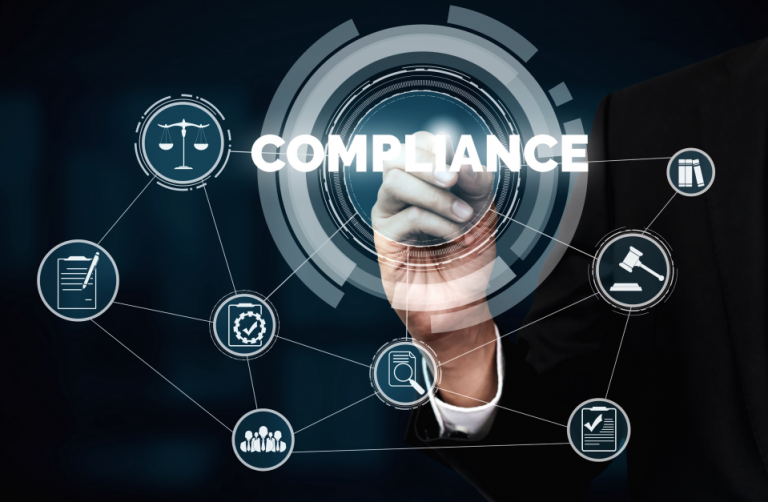It is clear that, for any company, the implementation of Compliance management systems is essential. However, should all types of organizations assume regulatory compliance obligations? And, specifically, should political parties adopt a criminal Compliance management system?
Criminal compliance management in Political Parties
To answer this question, we must go to the current regulations. Specifically, the Organic Law 6/2002, of June 27, on Political Parties, whose articles clearly establish this obligation:
1.- Art. Article 9 bis. Prevention and supervision. Political parties must adopt in their internal regulations a system of prevention of conduct contrary to the legal system and supervision, for the purposes provided for in article 31 bis of the Penal Code.
This article and its reference to the Penal Code constitute an addition by the art. 2.8 of Organic Law 3/2015, of March 30. If we go to the aforementioned article 31 bis of the Penal Code, we find the requirements that this prevention system must have. Thus, in point 5, the following are detailed:
1. Identification of the activities in whose scope the crimes that must be prevented may be committed. This section translates into the obligation to carry out an analysis and evaluation of the criminal risks that affect the political entity.
2. Establish the protocols or procedures that specify the process of formation of the will of the legal entity, adoption of decisions and execution of the same in relation to those. This obligation implies:
- Identify the people or bodies that hold positions with decision-making powers in the political party.
- Identify and analyze decision-making processes.
- Establish control structures and tools.
3. They will have adequate financial resource management models to prevent the commission of crimes that must be prevented. This entails establishing control tools that supervise the financial and accounting activity of political entities.
4. They will impose the obligation to report possible risks and non-compliance to the body in charge of monitoring the operation and observance of the prevention model. In practice, these organizations should have an ethical channel or complaints channel.
5. They will establish a disciplinary system that adequately sanctions non-compliance with the measures established by the model. In accordance with this obligation, a disciplinary regime must be established in accordance with labor regulations and any that may affect said political entity.
6. They will carry out a periodic verification of the model and its eventual modification when relevant infractions of its provisions are revealed, or when changes occur in the organization, in the control structure or in the activity carried out that make them necessary. Finally, political parties must establish a model monitoring system and design continuous improvement procedures.
If you are interested in Compliance, we invite you to learn about our Master in Compliance and Data Protection Managements.




































